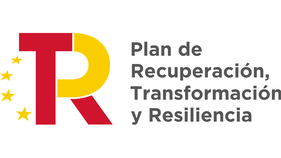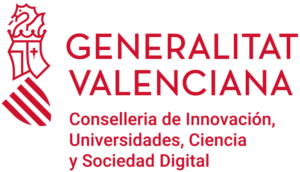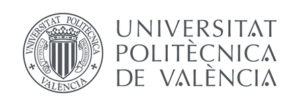DESIGN, INTEGRATION, VERIFICATION, LAUNCH AND OPERATIONS OF A CUBESAT FOR ASTROPHYSICS AND EARTH OBSERVATION APPLICATIONS (POLITECH-1)
Project Title: Design, integration, verification, launch and operations of a CubeSat for Astrophysics and Earth Observation Applications
Ref. ASFAE/2022/004
Participating entities: Microwave Applications Group (ITEAM-UPV) and Group of Gamma-ray and Neutron Spectroscopy (IFIC-CSIC-UV)
Duration: 01/01/2022 – 29/06/2025
Responsible researcher: Dr. Vicente E. Boria Esbert
Number of participating researchers: 10
Abstract: In recent years, the popularization of access to space has experienced a boom thanks to the appearance of pico- and nanosatellites (small space platforms weighing less than 10 kg). This sector, with cheap design, manufacturing and launch costs, offers adequate performance for many applications, in exchange for tolerating a higher risk of failure and having a shorter useful life. It is known by the term “New Space”.
That is why, in the context of this call and in relation to Advanced Technologies for the exploration of the universe, it is considered relevant to develop a complete space mission based on this type of satellites (CubeSats). The main objective of this project is to develop, validate and finally launch into space a CubeSat, which we will call PoliTech-1, to operate with it and its different on-board payloads (in Astrophysics and Remote Sensing applications).
PoliTech-1 is the first satellite designed by the Polytechnic University of Valencia, and will be the first fully integrated satellite in the Valencian Community. The proposed mission consists of a nanosatellite that includes different payloads, developed by various university research groups: a telescopic camera for Earth observation activities (GEODEYE), which will provide remote sensing data for academic and research purposes, a communications link downlink in band C (HiDAC), which includes the transmission stage with a planar antenna, and which will be used to download the images captured by the GEODEYE payload, and a novel very compact gamma and neutron detector system (LEON) for measure cosmic radiation in orbit, characterize space weather, and assess damaging effects of ionizing cosmic radiation on satellites.
Financing entity: Plan de Transformación, Recuperación y Resiliencia (Ministerio de Ciencia e Innovación) financiado por la Unión Europea – NextGenerationEU
 |
 |
 |
 |
 |
